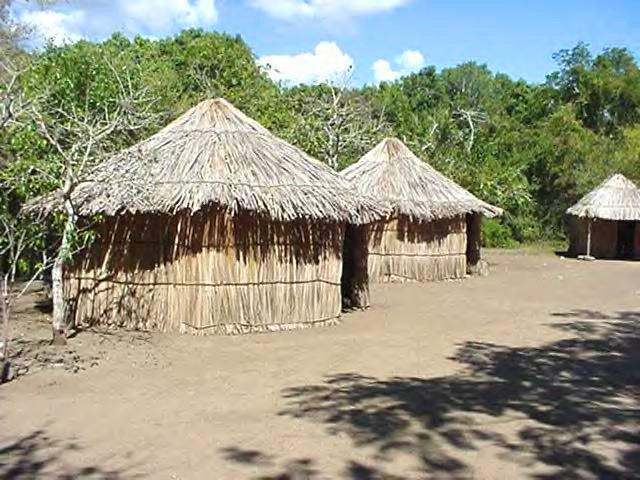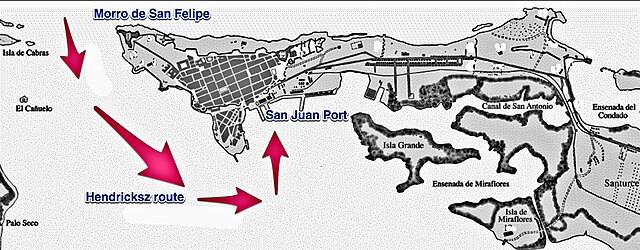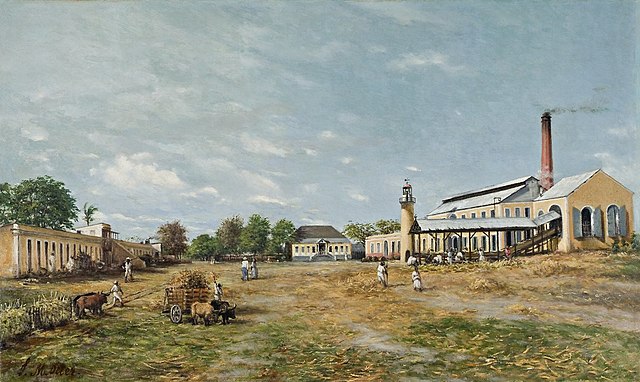Jíbaro is a word used in Puerto Rico to refer to the countryside people who farm the land in a traditional way. The jíbaro is a self-subsistence farmer, and an iconic reflection of the Puerto Rican people. Traditional jíbaros were also farmer-salesmen who would grow enough crops to sell in the towns near their farms to purchase the bare necessities for their families, such as clothing.
Monumento al Jíbaro Puertorriqueño dedicated to the jíbaro, in Salinas, Puerto Rico
Puerto Rican jíbaro in a sugar-cane field during harvest, ca. 1941
Postcard of jíbaros on horseback, traveling through a country road in Barranquitas (c. 1915)
The Puerto Rican cuatro, a staple of jibaro music
Puerto Rico, officially the Commonwealth of Puerto Rico, is a Caribbean island, Commonwealth, and unincorporated territory of the United States. It is located in the northeast Caribbean Sea, approximately 1,000 miles (1,600 km) southeast of Miami, Florida, between the Dominican Republic and the U.S. Virgin Islands, and includes the eponymous main island and several smaller islands, such as Mona, Culebra, and Vieques. With roughly 3.2 million residents, it is divided into 78 municipalities, of which the most populous is the capital municipality of San Juan. Spanish and English are the official languages of the executive branch of government, though Spanish predominates.
A 20th-century reconstruction of an 8th-century Taíno village, located at the spot in which their ballpark and remains were discovered in 1975, in the aftermath of Hurricane Eloise
Artist's depiction of Juan Ponce de León, Puerto Rico's first governor
1625 attack on San Juan by Boudewijn Hendricksz
Sugar haciendas, like the one depicted above, ran a significant portion of the Puerto Rican economy in the late 19th century.








